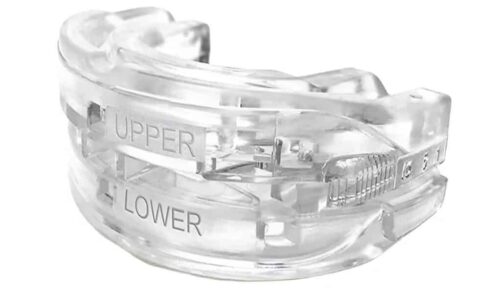Occasionally, anyone suffers intestinal symptoms such as bloating, gas, heartburn, fatigue, constipation, or diarrhea. These symptoms, on the other hand, will cause serious disturbances in your life if they appear regularly. Fortunately, you can improve your digestive health by changing your diet and lifestyle. Here are natural ways to boost your digestion that are backed by research.
Author: Dr. Sarmed Sami MBChB, MRCP, PGCME, PhD
Consultant Gastroenterologist, Founder and Director of Digestive Health UK. https://digestivehealthuk.com/
Eat a good diet
The standard Western diet, which is rich in processed carbohydrates, saturated fat, and dietary additives, has been related to a higher likelihood of digestive problems
Food additives, such as glucose, salt, and other chemicals, have been linked to elevated gut inflammation, which may lead to a disorder known as leaky gut.
Most packaged foods contain trans fats. They’re notorious for their detrimental effects on heart wellbeing, but they’ve also been linked to an elevated risk of ulcerative colitis, an inflammatory bowel disease.
Make your diet rich in fiber
Fiber is well known for its digestive benefits.
Soluble fiber absorbs water and makes the stool bulk up. Insoluble fiber serves like a giant toothbrush, cleaning the digestive tract and keeping it going.
Soluble fiber can be found in oat bran, legumes, nuts, and peas, while insoluble fiber can be found in fruits, whole grains, and wheat bran.
Ulcers, reflux, hemorrhoids, diverticulitis, and IBS have also been attributed to eating a high-fiber diet.
Add loads of healthy fats to your diet
It’s possible that consuming enough fat is essential for good digestion. Fat makes you feel full after a meal and is often needed for proper nutrient absorption.
Omega-3 fatty acids have also been shown in research to reduce the chance of contracting inflammatory bowel disorders including ulcerative colitis.
Flaxseeds, chia seeds, nuts (especially walnuts), and fatty fish like salmon, mackerel, and sardines are all rich in omega-3 fatty acids.
Drink loads of water
Constipation is often caused by a lack of fluid consumption
To avoid constipation, experts suggest drinking 50–66 ounces (1.5–2 liters) of non-caffeinated beverages a day. If you live in a hot environment or engage in strenuous activity, you will need more.
In addition to water, herbal teas and other non-caffeinated drinks like seltzer water will help you fulfill your fluid requirements.
Fruits and vegetables rich in water, such as cucumber, zucchini, celery, onions, melons, strawberries, grapefruit, and peaches, are another way to help satisfy your fluid needs.
Manage your stress levels
Stomach ulcers, diarrhea, constipation, and IBS have also been linked to it.
Stress hormones have a strong impact on digestion. Your body believes you don’t have time to relax and digest while it’s in fight-or-flight mode. Blood and nutrients are drawn away from the digestive system at times of discomfort.
Furthermore, your stomach and brain are intertwined, so whatever affects your brain can also affect your digestion.
People with IBS have been found to benefit from stress control, yoga, and calming training.
Conclusion
If you have intermittent, regular, or persistent digestive symptoms, simple dietary and lifestyle changes can make you feel better.
The first step toward proper digestion is to eat a whole-foods diet rich in nutrition, healthy fats, and nutrients.
Mindful feeding, stress control, and fitness are also healthy practices.
Finally, quitting unhealthy habits that can impair your digestion, such as smoking, excessive alcohol consumption, and late-night feeding, can help alleviate symptoms.




